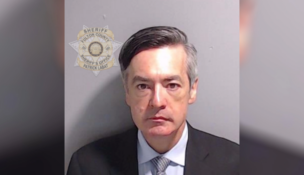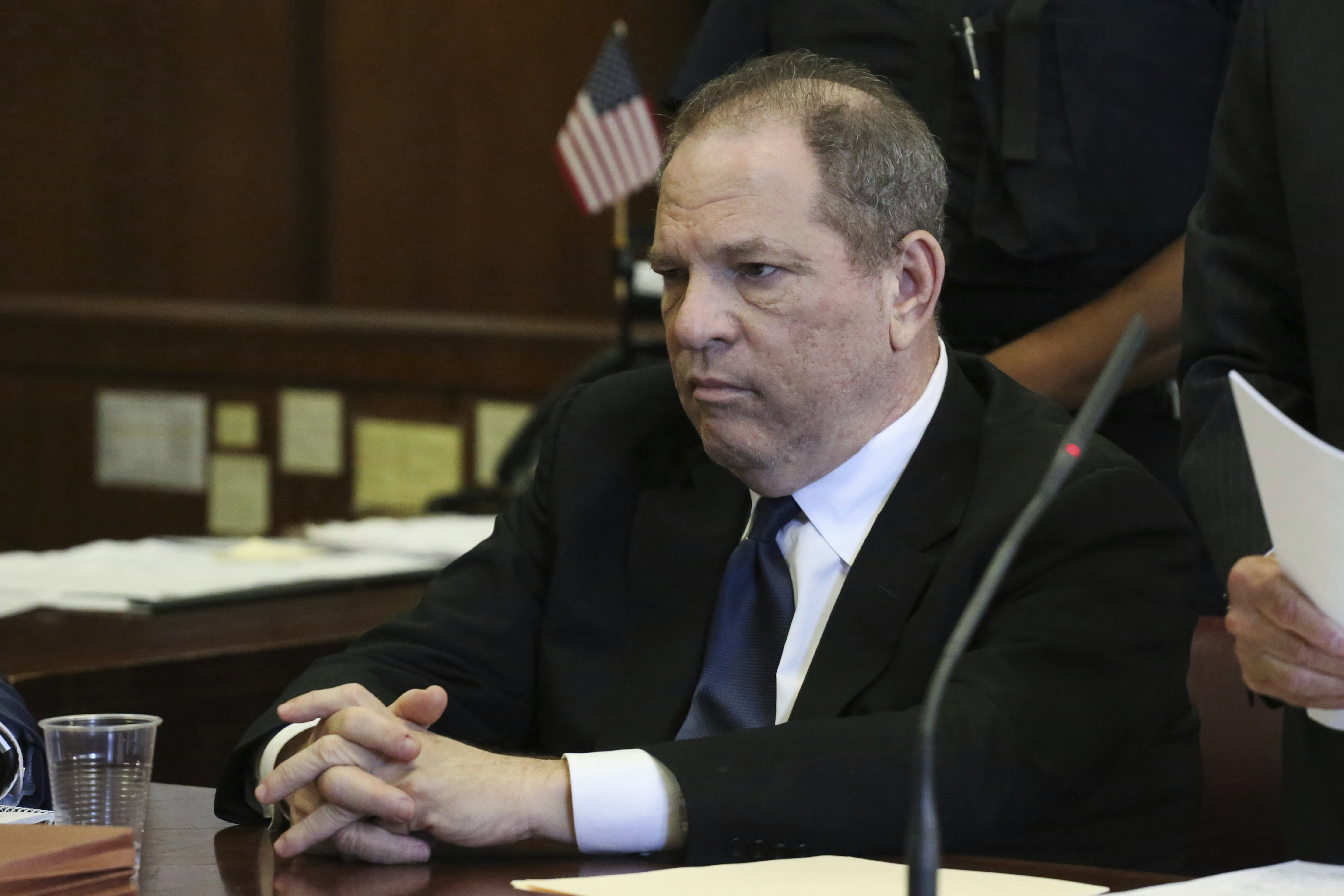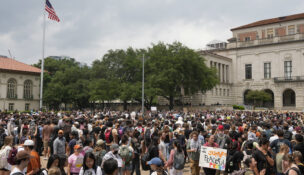Misinformation still a top concern from election officials
By: Associated Press//July 17, 2023//
WASHINGTON — Efforts to deceive the public about voting and elections remain a top concern for state election officials as they dig into preparations for the 2024 election.
Misinformation and the emergence of generative artificial intelligence tools to create false and misleading content were cited in interviews with several secretaries of state gathered recently for their national conference. Other concerns were staffing and the loss of experienced leaders overseeing elections at the local level.
The officials were gathered in Washington for the annual summer conference of the National Association of Secretaries of State.
“The cliché here is true,” said Minnesota Secretary of State Steve Simon, a Democrat. “You hope for the best, but plan for the worst. So, we’re planning for the worst, which is that multiple communications channels will be filled with false and misleading information.”
State election officials in Michigan and Colorado said they were particularly concerned about the rise of AI and the implications of it being misused by foreign adversaries seeking to meddle in U.S. elections. They pointed to altered videos, known as deepfakes, that rely on facial mapping and AI to make it appear that real people are saying things they never said.
Colorado Secretary of State Jena Griswold said she convened a working group in her office to game out potential risks, after a 2020 presidential election that was marred by false claims and attacks on voting.
Michigan Secretary of State Jocelyn Benson said state and federal regulations requiring disclosures of AI-generated content are needed along with boosting public awareness.
“We can’t necessarily put the genie back in the bottle, but we can educate citizens about how to receive that information,” said Benson, a Democrat. “And it becomes much easier if there are disclaimers alongside it that say, ‘Hey, this is fake.’ ”
Some state election officials said they would not be deterred by a recent court order from a federal judge in Louisiana that limited federal agencies when it comes to contacting social media companies about content deemed false or deceptive with a few exceptions.
On Friday, an appeals court temporarily paused the order.
“The injunction doesn’t apply to state officials, so I’m going to keep talking to whoever the hell I want to talk to,” said Arizona Secretary of State Adrian Fontes, a Democrat. “If you know somebody is out there lying and it hurts voters, they’re literally telling voters the wrong day or the wrong places to vote, literally giving them bad information on purpose, you should be able to shut that down because that’s interfering with the voter’s right to vote.”
Officials in Pennsylvania and Kentucky both cited staffing as a concern.
In Pennsylvania, there has been considerable turnover among those overseeing local elections, driven largely by retirements and increased stress.
Al Schmidt, a Republican appointed as Pennsylvania’s chief election official, said the risks are many and the margin for error is small.
“The most dangerous thing is when you lose experienced election workers, you lose institutional memory, you lose all that experience, and it’s replaced by people who are less experienced and who are more likely to make a mistake — and to make a mistake in an environment where every mistake is being perceived as being deliberate or malicious,” he said.
The multiday conference was the first since several Republicans announced plans earlier this year to leave a bipartisan effort aimed at improving the accuracy of voter lists and identifying fraud, prompting consternation from their Democratic counterparts.
The decisions were made as the Electronic Registration Information Center, more commonly known as ERIC, was targeted by conspiracy theories surrounding its funding and purpose.
Republicans cited other reasons for their exit and have been working on an alternate system for sharing data among individual states.
The conference largely avoided controversial subjects during panel discussions, focused instead on sharing best practices.
Several officials said partisan divisions are set aside so they can collaborate on improving elections.
West Virginia Secretary of State Mac Warner, a Republican, said a Michigan official approached him to talk about efforts in West Virginia to improve voting among active-duty military, and Kansas Secretary of State Scott Schwab said he planned to talk with his staff about plans to assist voters with hearing impairments after learning of Minnesota’s efforts.
“There’s still so much more that we agree on than what we disagree on,” said New Mexico Secretary of State Maggie Toulouse Oliver, a Democrat.
Legal News
- Questions of transparency, leadership responsibility linger over State Bar trust
- Firm demands $4.3M in dispute with Wisconsin client
- Chesebro among those charged with interfering in 2020 election
- Williams-Sonoma must pay almost $3.2 million for violating FTC’s ‘Made in USA’ order
- Harvey Weinstein due back in court, while a key witness weighs whether to testify at a retrial
- Protests erupt on college campuses throughout Midwest, and U.S. over war in Gaza
- Flight attendant indicted in attempt to record girl in airplane bathroom
- Wisconsin attorney loses law license, ordered to pay $16K fine
- Former Wisconsin police officer charged with 5 bestiality felony counts
- Judge reject’s Trump’s bid for a new trial in $83.3 million E. Jean Carroll defamation case
- Dozens of deaths reveal risks of injecting sedatives into people restrained by police
- The Latest: Supreme Court arguments conclude in Trump immunity case
WLJ People
- Power 30 Personal Injury Attorneys – Russell Nicolet
- Power 30 Personal Injury Attorneys – Benjamin Nicolet
- Power 30 Personal Injury Attorneys – Dustin T. Woehl
- Power 30 Personal Injury Attorneys – Katherine Metzger
- Power 30 Personal Injury Attorneys – Joseph Ryan
- Power 30 Personal Injury Attorneys – James M. Ryan
- Power 30 Personal Injury Attorneys – Dana Wachs
- Power 30 Personal Injury Attorneys – Mark L. Thomsen
- Power 30 Personal Injury Attorneys – Matthew Lein
- Power 30 Personal Injury Attorneys – Jeffrey A. Pitman
- Power 30 Personal Injury Attorneys – William Pemberton
- Power 30 Personal Injury Attorneys – Howard S. Sicula











